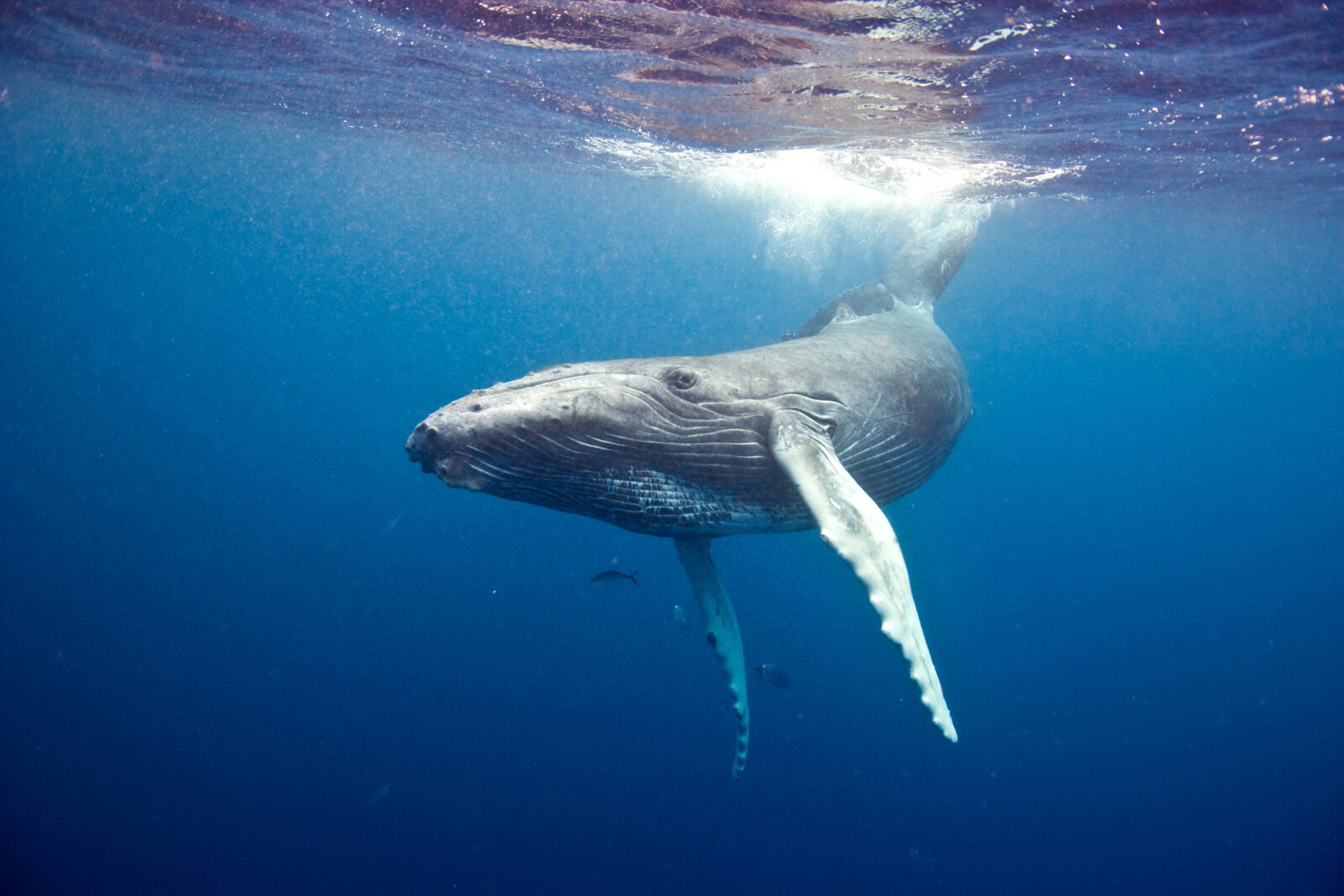


Sex: A Masterpiece of Design
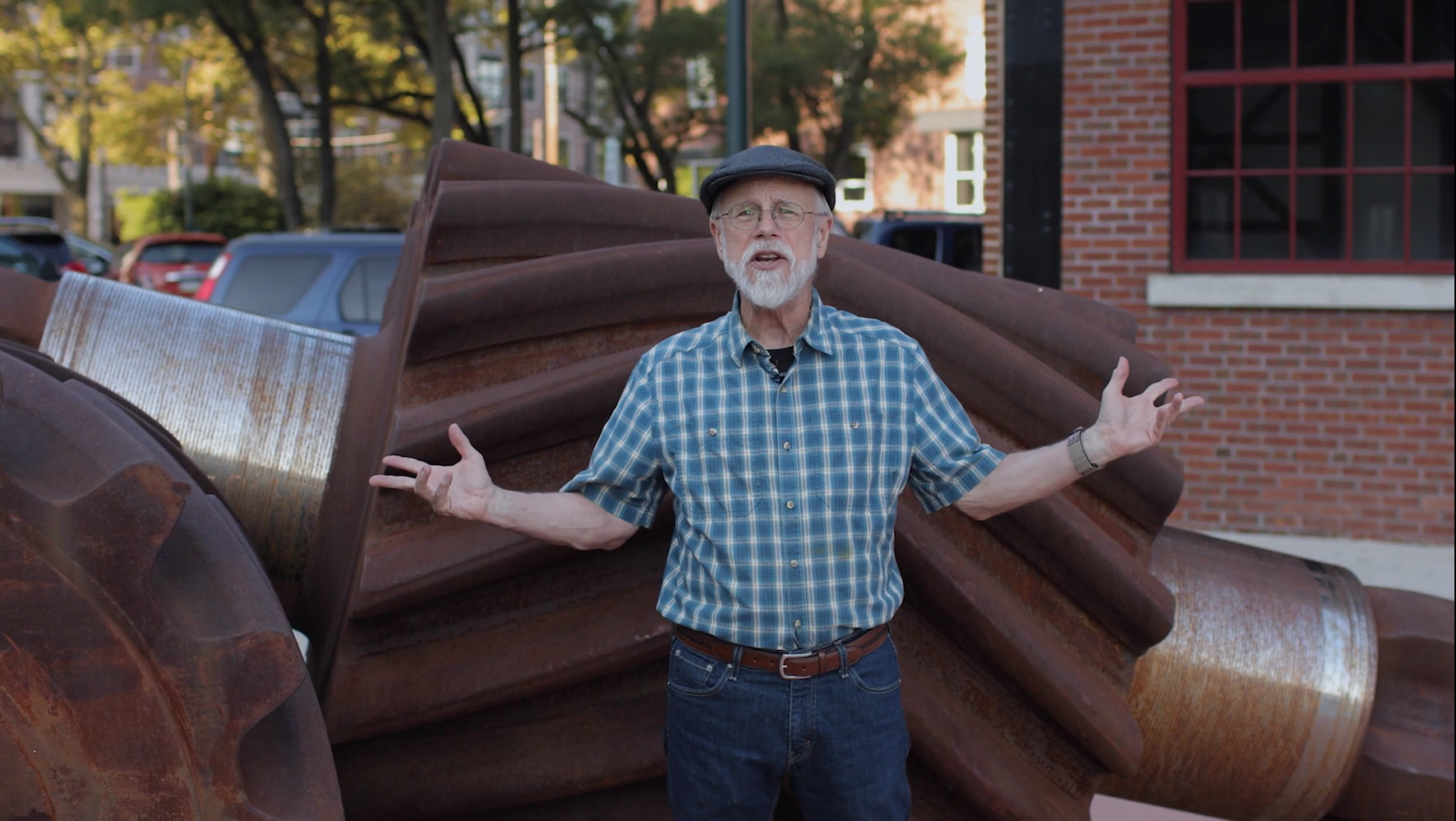
Michael Behe: Behind The Scenes of Secrets of the Cell
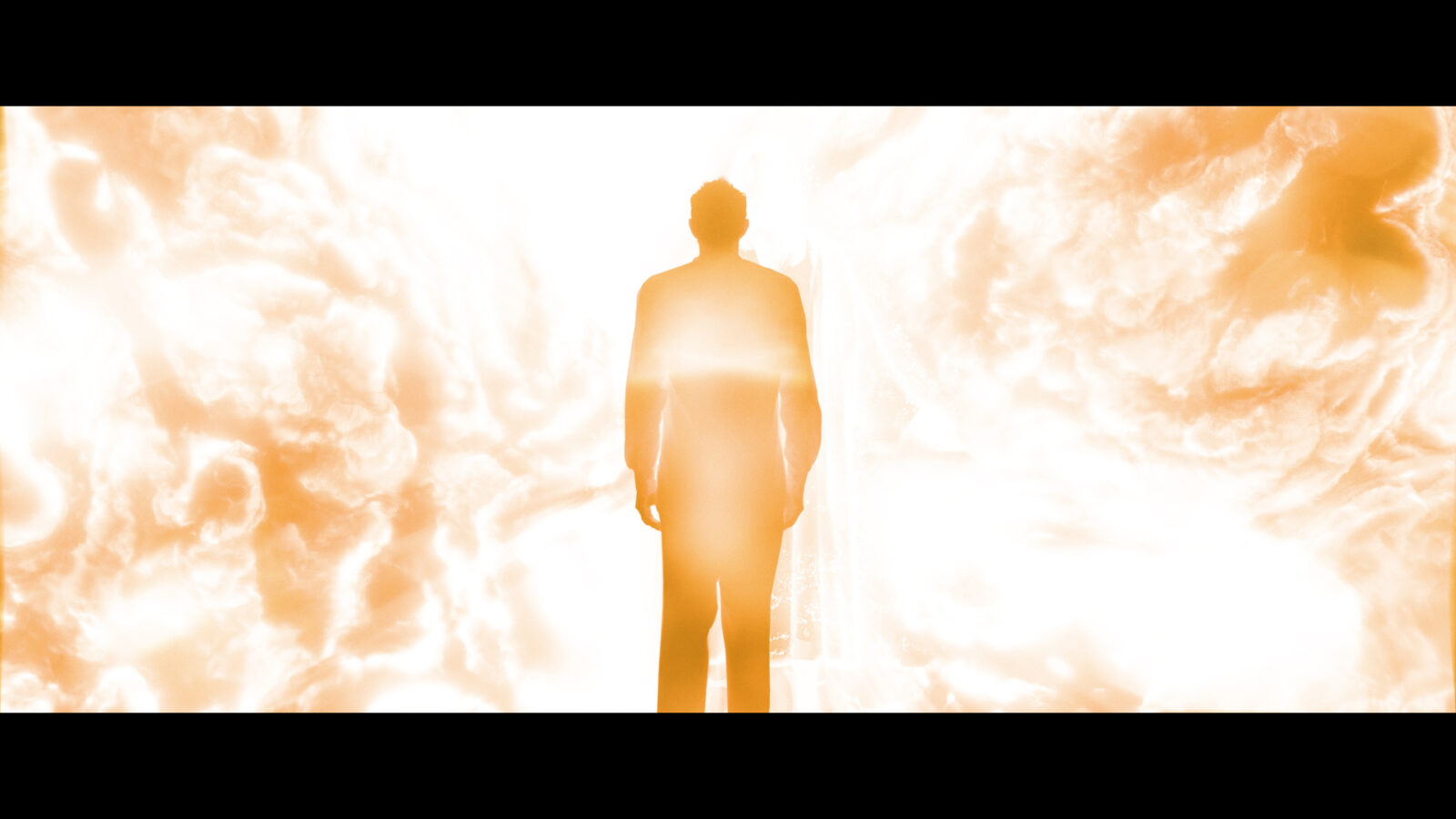
After Death: The Science Behind the Movie

Design or Chance? Casey Luskin on The Andrew Klavan Show
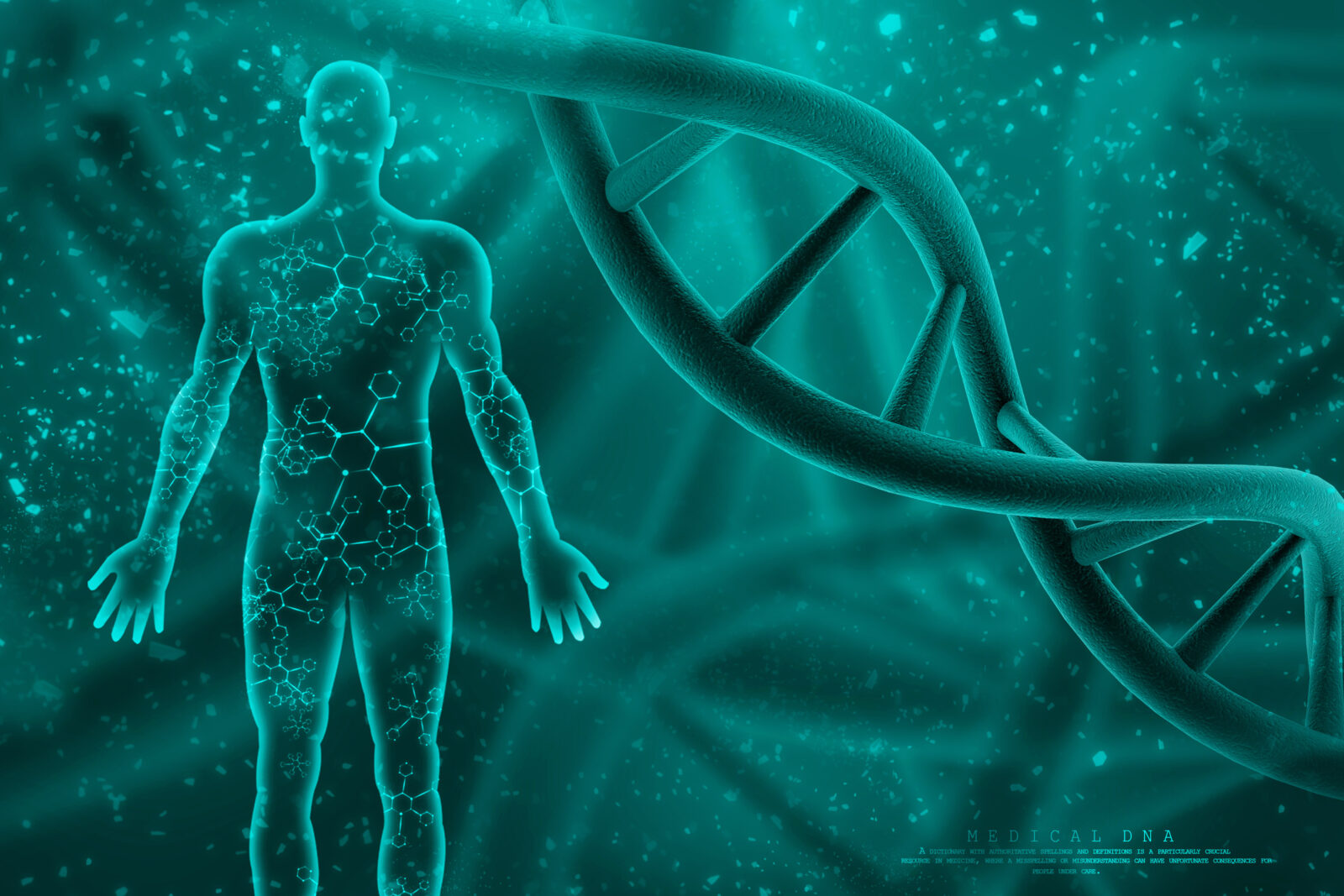
A Guide to Understanding Contemporary Models of Human Origins
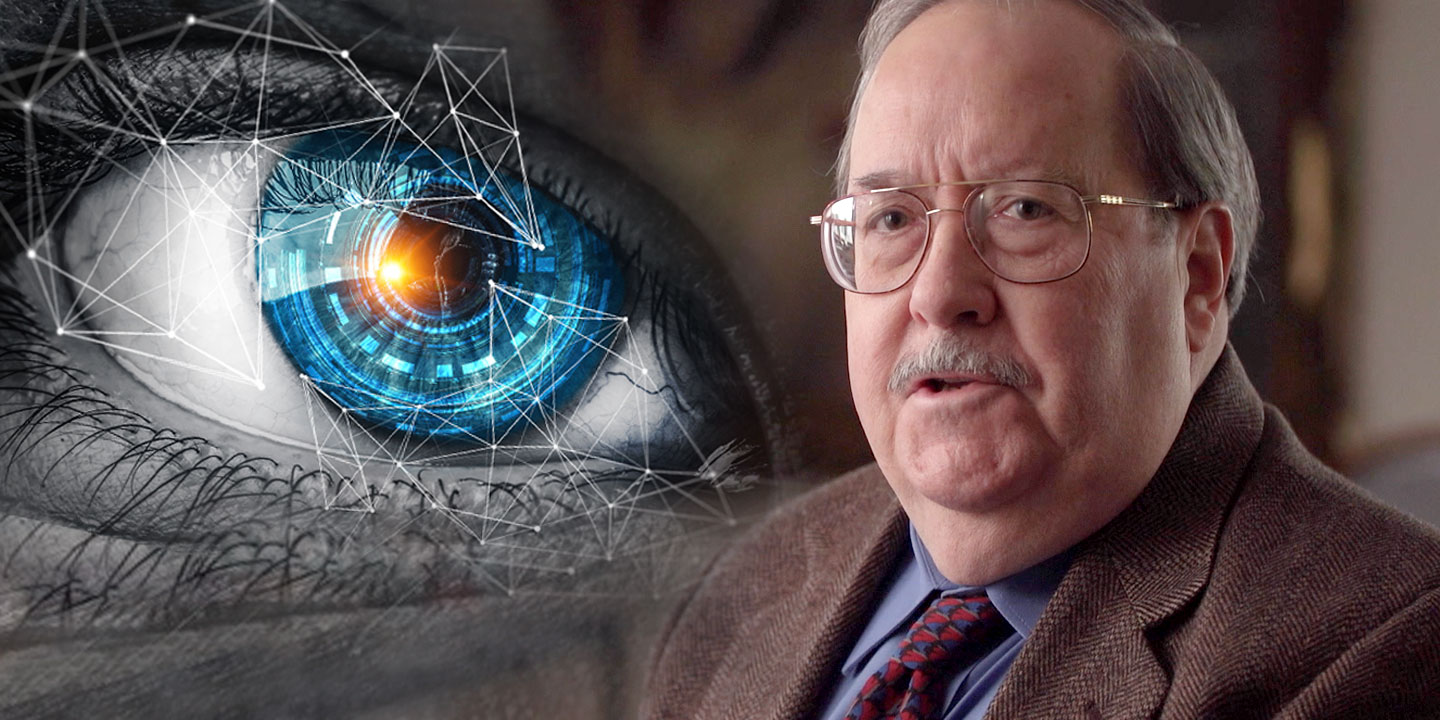
Jonathan Wells Evaluates Darwinian Evolution in New Online Course

How a Teacher Wrecked Biology for Me, and How I Got Past It
On today’s ID the Future, Tom Gilson, a writer and editor for The Stream, shares his experiences in high school biology. Important mysteries (i.e., major problems) with evolutionary theory were hurried past and papered over, and yet his biology teacher could take an entire class period to tell Charles Darwin’s life story, and then repeat the same class, virtually verbatim, five more times that same semester. Tune in to hear how the class put Tom Gilson off of biology, but how he now finds the subject fascinating, thanks to the work of intelligent design researchers and the larger community of life scientists. Gilson’s commentary is taken from, and builds on, a recent essay of his, available at Evolution News.

Mama Bear Apologetics Takes on Atheist Richard Dawkins
Today’s ID the Future puts atheist Richard Dawkins’s book Outgrowing God under the microscope and reveals multiple ways his argument smashes up against contrary scientific evidence. Walking us through the critique are author and Mama Bear Apologetics founder Hillary Morgan Ferrer and her co-host, Amy Davison. Dawkins invokes the beautiful order evident in the murmuration of bird flocks as evidence that complexity can evolve from simple algorithmic rules. But Ferrer explains why the phenomenon of bird murmuration doesn’t even begin to approach what we find when sophisticated engineering order emerges in the growth of embryos. Ferrer also considers the challenges of re-engineering sperm thermoregulation to move from how it works in marine life to how it works in land animals. For a blind process to traverse this evolutionary pathway while maintaining viability at every stage would require—to adapt a line from Alice in Wonderland—six hundred impossible things before breakfast. What about evolving something simpler, such as the bilayer cell membrane, essential for cellular life? No, Ferrer argues. It’s also far too sophisticated to have evolved through a blind evolutionary process. What is needed is the foresight that comes with intelligent design. Tune in to hear Ferrer and Davison rebut these and other pro-evolution arguments from Richard Dawkins. This episode of the Mama Bear Apologetics podcast is reposted here with permission. To read more from Ferrer and some of her Mama Bear colleagues, pick up their bestselling book Mama Bear Apologetics: Empowering Your Kids to Challenge Cultural Lies.

Did Chess Ace Hans Niemann Cheat? A Design Detection Poser
On this ID the Future, mathematician William Dembski and host Eric Anderson explore whether design detection tools shed any light on the recent chess scandal involving world chess champion Magnus Carlsen and American grandmaster Hans Moke Niemann. Did Niemann cheat in a match where he beat Carlson, as some have claimed? There is no smoking gun in the case, so how might one determine if cheating occurred? At first glance the problem might seem far removed from the design detecting rules and tools Dembski laid out in his Cambridge University Press monograph The Design Inference. But actually there is some intriguing overlap. Is there a way to dig into the chess data and determine whether Niemann secretly used a computer chess engine to help him win the match? Tune in as Dembski and host Eric Anderson wrestle with the problem.